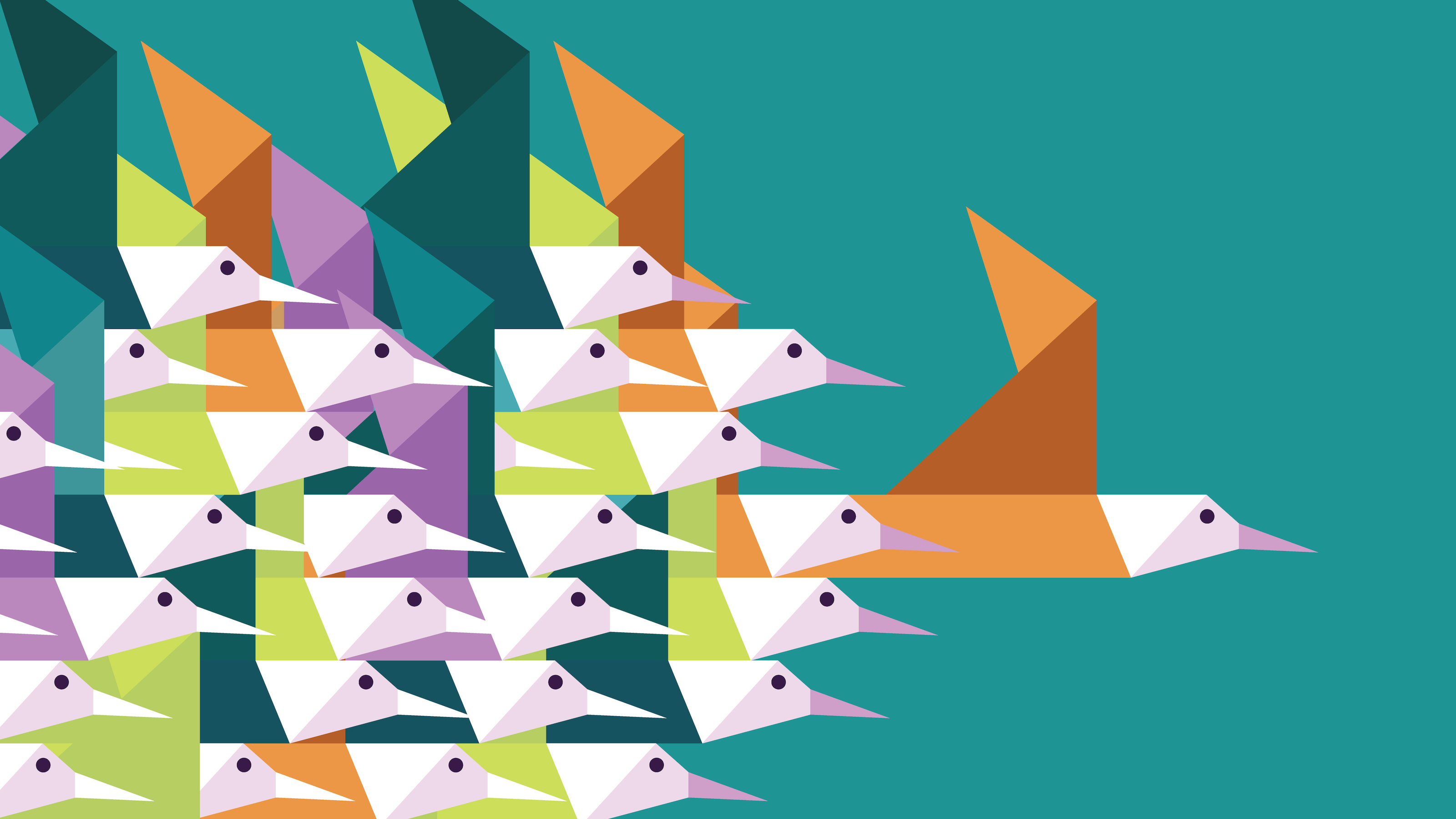Preventative Strategies to Avoid Oversnacking at Night

We all indulge in a little late night snacking from time to time. But when giving in to your taboo temptations begins tightening your jeans, it may be time to fix your eating habits. New York City health coach Kerry Bajaj offers a few suggestions in an article posted at Yahoo Health. While most of them are predictable (stay away from processed foods, identify trigger foods, etc.), there are a few that may come as a surprise.
For example, Bajaj explains why one solution to overeating is to eat more often:
“So many people don’t eat all day, and then overeat at night. It’s something I hear so often working with my patients. Don’t go down that road! Even if you’re busy, you need to make it a priority to eat.”
Your body needs a routine it can depend on. Refusing to eat interferes with that. Bajaj says try snacking on small, healthy items throughout the day rather than wait until hunger takes you over and you start inhaling potato chips after dark.
Another tip is to stay ultra hydrated:
“It’s surprisingly easy to mistake thirst for hunger. Drinking water will keep you energized, and you won’t be so quick to look to food for a midday burst of vigor. I recommend drinking half of your body weight in ounces of water each day. So, if you weigh 140 pounds, you should be drinking 70 ounces of water (just over a half gallon).”
Filling up on water will help you subdue the impulses for unhealthy treats. Other things you can do to kill the cravings include loading up on fiber and healthy fats, avoiding alcohol, and eating bitter foods. Take a look at the whole article (linked below) for more facts and strategies.
Read more at Yahoo Health
Photo credit: Yuganov Konstantin / Shutterstock





